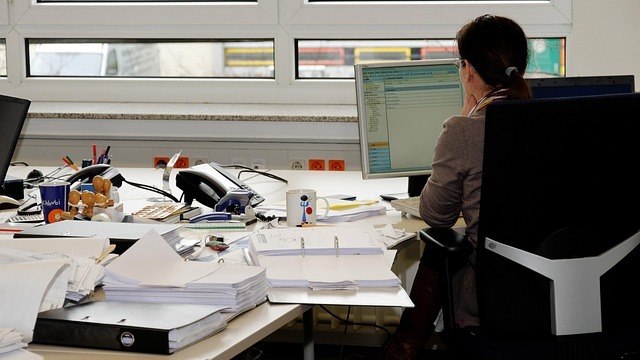
Rethinking the Return to Office in 2025
The landscape of work has undergone a seismic shift since the onset of COVID-19, fundamentally altering notions of an office environment. As businesses navigate the complexities of 2025, it's crucial to recognize that a simple return to pre-pandemic practices is not the answer. Allyns Melendez, CEO of HR Transformed, emphasized this point during her recent talk at SHRM 2025, stating, "Return to office doesn't equal rewind."
Understanding the New Normal of Work
As we move towards a more blended workforce consisting of hybrid, remote, and in-person employees, companies must be intentional about their office strategies. Melendez suggests establishing designated collaboration days to ensure that team members find value in being physically present. Furthermore, companies need to coordinate schedules to avoid distractions during vital in-person interactions.
Balancing Perks for All Employees
A pivotal takeaway from Melendez's address focused on equalizing workplace perks for remote and in-office employees. As offices provide snacks and meals, it is important to extend similar courtesies to remote team members, such as offering meal delivery gift cards. This ensures a cohesive culture where all employees feel valued, regardless of their location.
The Importance of Engagement in Virtual Settings
Melendez also emphasized a unique approach to remote meetings: requiring employees to have their cameras on, even if that causes discomfort. This simple requirement can foster deeper engagement and incentivize collaboration among teams spread across different locations. "I want to collaborate with you," she remarked, highlighting the need for connections to feel genuine.
Continuous Improvement is Key
In a world where workplace dynamics continuously evolve, Melendez recommends that HR professionals routinely assess their workforce strategies. This might entail gathering feedback to discover what truly resonates with employees across seasons and significant corporate events. Being responsive to changes ensures a healthier, more engaged workforce that is ready to tackle the uncertainties ahead.
As we adapt to these shifts, staying current on hiring trends and recruitment best practices becomes vital. Integrating AI in recruitment and optimizing the candidate experience are just a few strategies that can significantly enhance how organizations attract and retain talent today.
 Add Row
Add Row  Add
Add 




 Add Row
Add Row  Add
Add 

Write A Comment